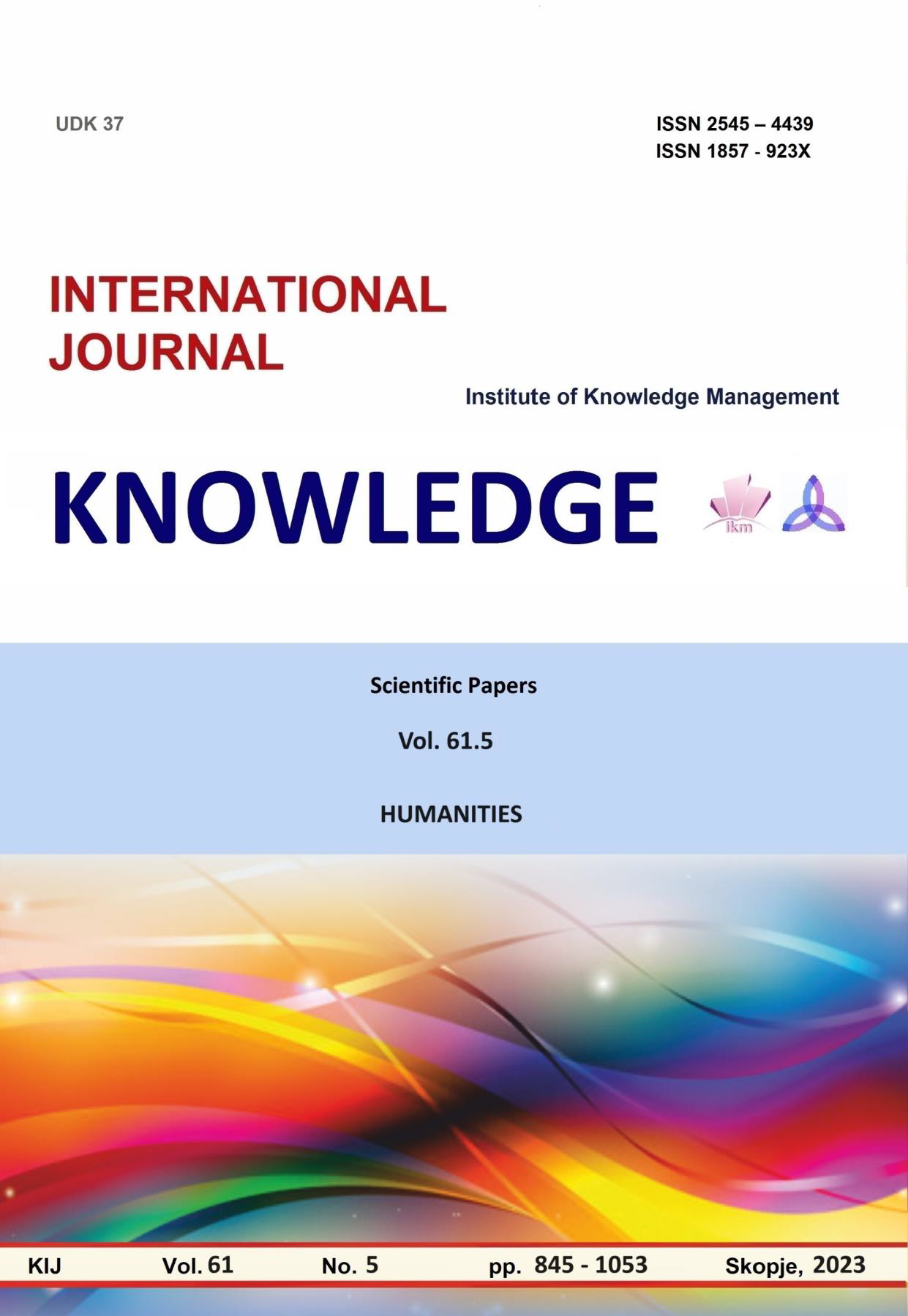ETHNOGRAPHIC DISCOURSE USING SIMILE IN THE LITERARY PROSE BY ANTON PASHKU AND MIGJENI
ETHNOGRAPHIC DISCOURSE USING SIMILE IN THE LITERARY PROSE BY ANTON PASHKU AND MIGJENI
Author(s): Hajri MandriSubject(s): Language and Literature Studies, Studies of Literature, Theory of Literature
Published by: Scientific Institute of Management and Knowledge
Keywords: Discourse form;parable;ambiguity;syncretic arts;oral allegorical convention;discourse model
Summary/Abstract: We shall define literary parables and their values as a type of discourse using illustrations from the authors of Albanian literature Anton Pashku and Migjeni as a case study. The parable is a literary figure, an archetype that can be found everywhere as a necessity of resemblance and how it fulfills its functions through the example that serves as the primary instrument. Only if the example has the value of a precedent does the ancient definition "parable" have its solution function and granting of the right. The parable is a type of early origin discourse. Its origins can be traced back to ancient Greek and Persian literature. They emerge at various ages, in various provinces, under various conditions, and from various cultural and ethnic realities. Literary parables are a common literary style throughout space and time, serving as an effective and fascinating way of human civilization representation. However, we will focus on their scientific definition, as well as their genesis as a form of discourse, as a prerequisite for the message to be transmitted later, in the literary works of notable Albanian writers Migjeni and Anton Pashku.
Journal: Knowledge - International Journal
- Issue Year: 61/2023
- Issue No: 5
- Page Range: 879-882
- Page Count: 4
- Language: English

